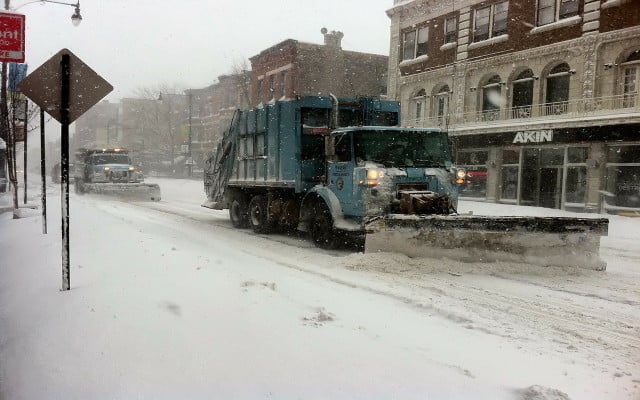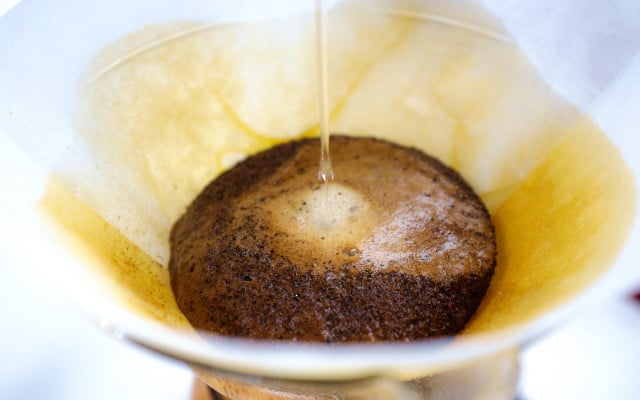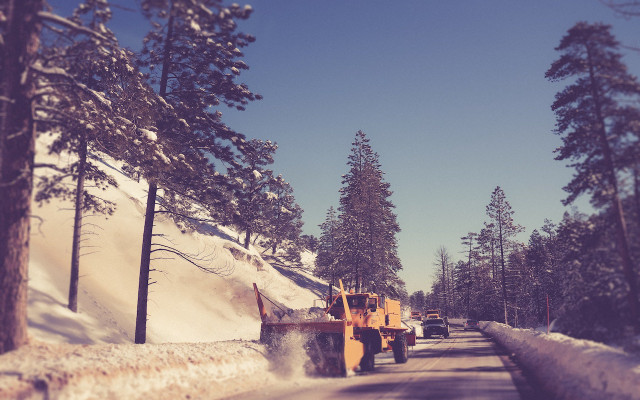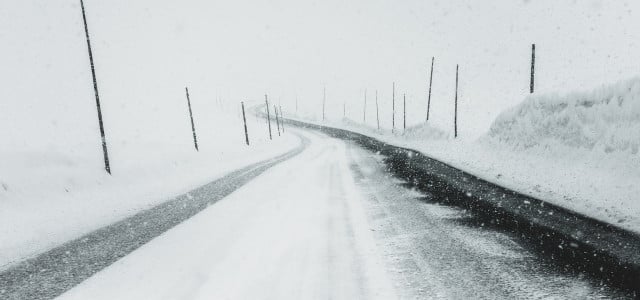Many people rush to buy road salt as soon as the temperatures drop, as it is a simple and effective means of combating ice and slippery conditions. Yet road salt is extremely controversial due to its environmental impact. That’s why in this article, we’ll look at some road salt alternatives.
Road, or de-icing salt, comes from naturally mined sodium chloride and is essentially just poor-quality table salt. Using salt to melt ice and snow layers leads to the typical brownish slush on roads in winter. Most US rock salt mines are near Cleveland, Detroit, New York State, Louisiana, and Kansas.
However, road salt use is heavily criticized for its negative environmental impact. Eco-friendly road salt alternatives do exist and will hopefully become more mainstream.
Environmental Impacts of Road Salt

Road salt can have many negative impacts on the environment:
- Destroys plant and animal habitats. When everything melts, the salty meltwater runs into the sewage system. It then passes through the water treatment plant and back into our waterways. When the salinity of the water rises, the oxygen content drops, making it difficult for wildlife to thrive. A 2018 study showed that 37 percent of the US drainage area had seen a salinity increase over the past 50 years, citing road salt as the main cause, especially in colder northern states.
- Pollutes the soil and contaminates drinking water. Vehicles spray salt onto the side of the road when driving past. Once those snowbanks begin to melt, the salt permeates the soil in which we grow crops. It can also reach our groundwater supplies, which we rely on for drinking water.
- Corrodes vehicles and infrastructure. Cars that become salty and wet due to winter road conditions are more susceptible to rust. A Washington State University study estimates that the US spends $5 billion per year on fixing salt-damaged infrastructure. This includes fixing roads, bridges, buildings and maintaining their fleet of snow removal vehicles.
- Hurts our furry friends. Contact with the de-icing salt leads to inflammation of animal paws, especially dogs and cats. Additionally, according to Concordia University, elk and moose are often drawn onto roads to get their salt fix, resulting in accidents that are harmful to both them and humans.
The long-term effects of using road salt are dangerous. Damaged plants and contaminated waters also harm the creatures that depend on them (including humans!), affecting entire ecosystems.
Road Salt Alternatives



Depending on where you live, you may have to clear the sidewalk yourself when it snows. However, salt is not the only means of clearing ice and snow. There are plenty of road salt alternatives that don’t have such a harmful environmental impact.
- Shovel your sidewalks as soon as possible. Don’t wait too long, or the snow will get packed down, making it more difficult to remove.
- Once you’ve shoveled, throw down some gritting materials, such as sand, gravel, or coffee grounds. This will make the area safe to walk on by adding some traction.
- Materials such as gravel have the advantage that they are large and heavy and, therefore, much more weather-resistant compared to sand. You can sweep them up at the end of the cold season and reuse them the next winter.
- Organic de-icers include pickle brine, cheese brine, and sugar beet molasses. You can also use alfalfa meal for deicing and sweep it onto your lawn to fertilize it come spring.
Reasons to Avoid Road Salt



There are plenty of good alternatives that are less harmful to the environment and more sustainable. One of the biggest disadvantages of road salt is that it can only work under certain conditions. If temperatures drop below 10˚F, the salt isn’t nearly as effective, and if cars aren’t on the roads, the salt doesn’t bond with the snow cover.
For municipalities, de-icing salt is often the easiest way to make roads safe for traffic. They believe it is more cost-effective for them to buy more salt every year than to pay to collect and reuse other gritting materials like gravel. Luckily, more pressure is being put on governments to find better alternatives for de-icing, such as smart plows, pre-salting, and salt alternatives. Road safety can also be established with regular clearing and gritting of roads with alternative gritting materials. There are so many valid reasons for banning the use of road salt altogether.
This article was originally published by Charlotte Stiebritz.
** Links to retailers marked with ** or underlined orange are partially partner links: If you buy here, you actively support Utopia.org, because we will receive a small part of the sales proceeds. More info.Do you like this post?







